
- Article
- Article
When you can’t return home
Migrants and refugees cannot choose to return home, so homesickness becomes a profound and long-lasting feeling. This powerful force infuses migrant cultures, and is rarely given the serious attention it warrants.
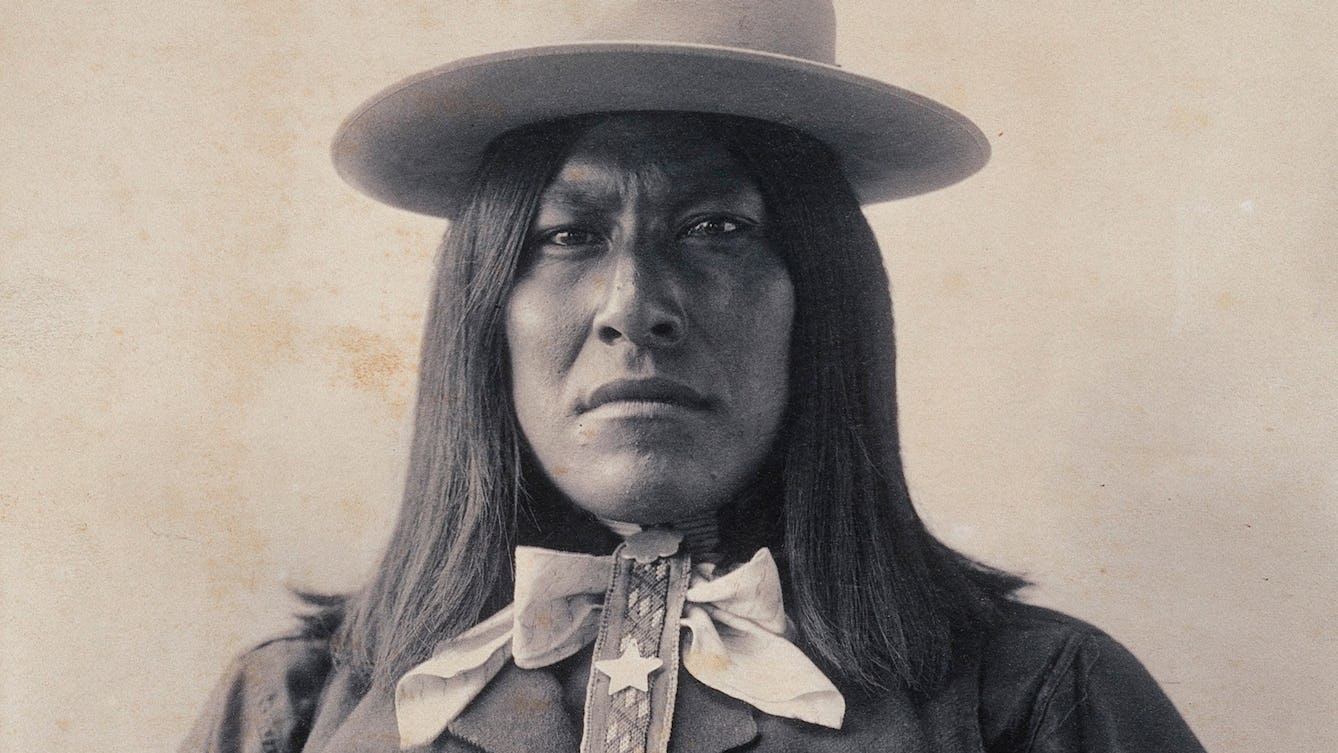
- Article
- Article
Native Americans through the 19th-century lens
The stories behind Rinehart's photographs may not be as black and white as they first appear.
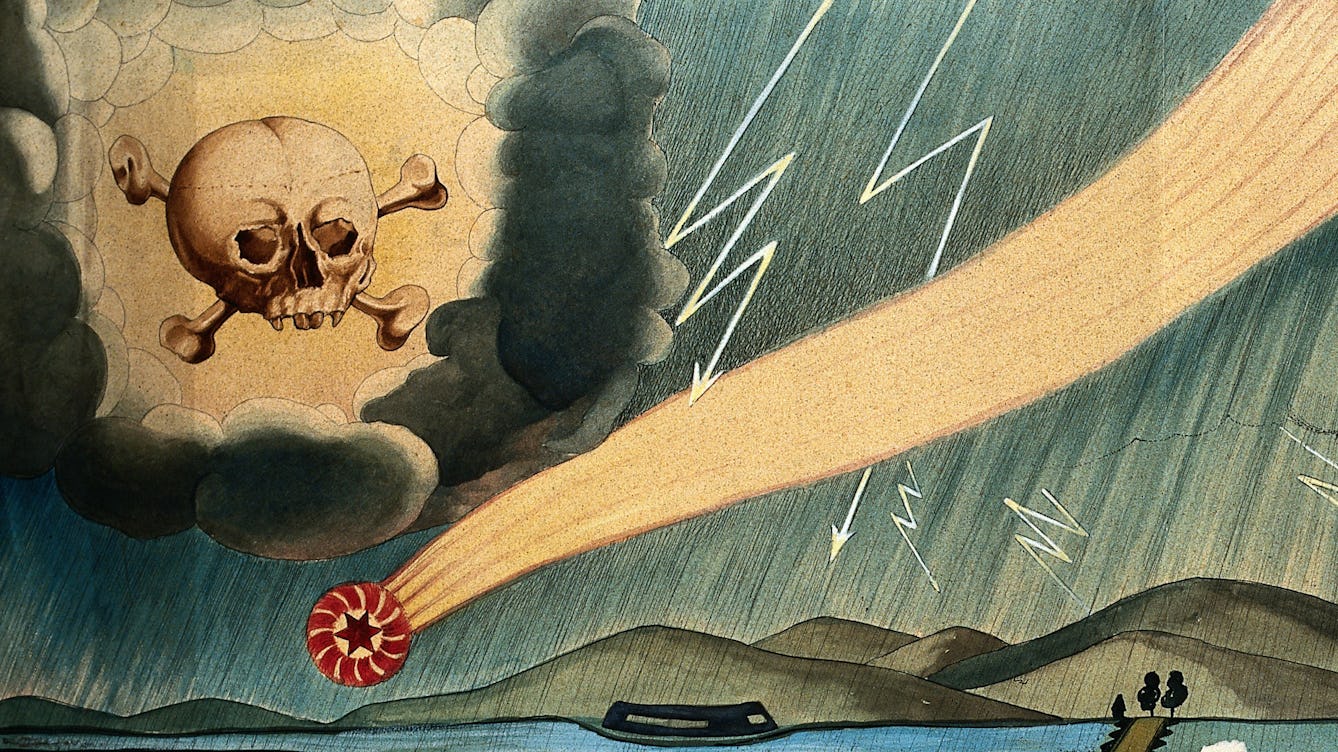
- Article
- Article
The current that kills
In the 19th century, electricity held life in the balance, with the power to execute – or reanimate.

- Article
- Article
The smile catchers
From facial recognition to emojis in apps, find out how the monitoring of emotions is used to get more out of workers.
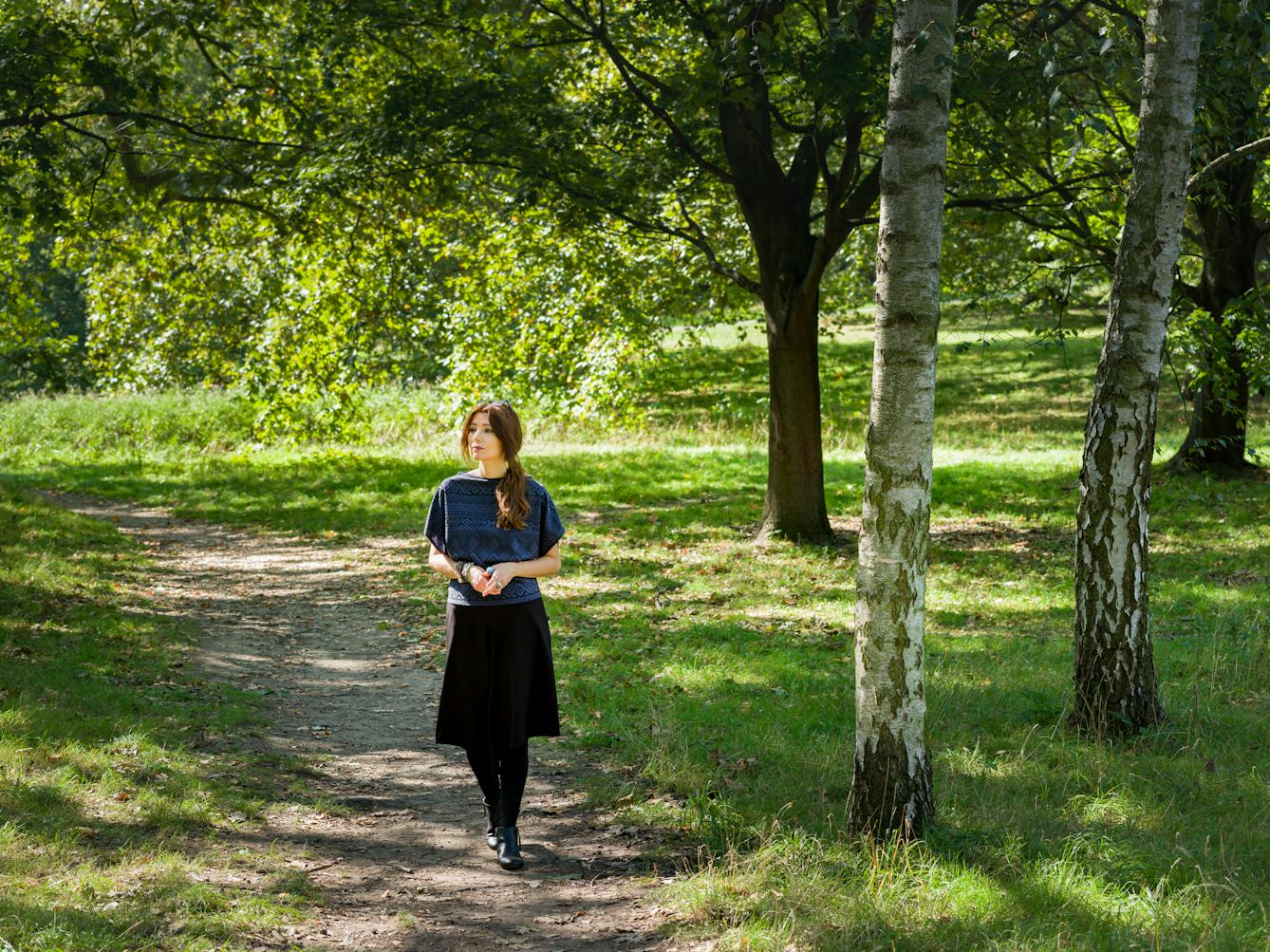
- Book extract
- Book extract
How stories bring us together
Elif Shafak considers how hard it is to be heard in our divided world, but how listening can nurture wisdom, connection and empathy.

- Article
- Article
My rainforest upbringing
In the introduction to her serial, research biologist Nataly Allasi Canales charts the influences that led her to passion for preserving the species of the Peruvian Amazon, where she spent her childhood.

- Article
- Article
Coleridge’s hypochondria
An intense focus on his own bodily sensations led poet Samuel Taylor Coleridge to self-medicate with narcotics. But this fascination also put Coleridge ahead of the medical sensibilities of his day.

- Article
- Article
Shame and how our bodies betray us
Embarrassment about our desires, bodies and bodily functions can silence us. Lucia Osborne-Crowley asks whether a low-level but constant sense of shame is stopping us getting the help we need.

- Article
- Article
The ‘undesirable epileptic’
Abused in her marriage for being 'a sick woman', Aparna Nair looked to history to make sense of the response to her epilepsy. She discovered how centuries of fear and discrimination were often endorsed by science and legislation.
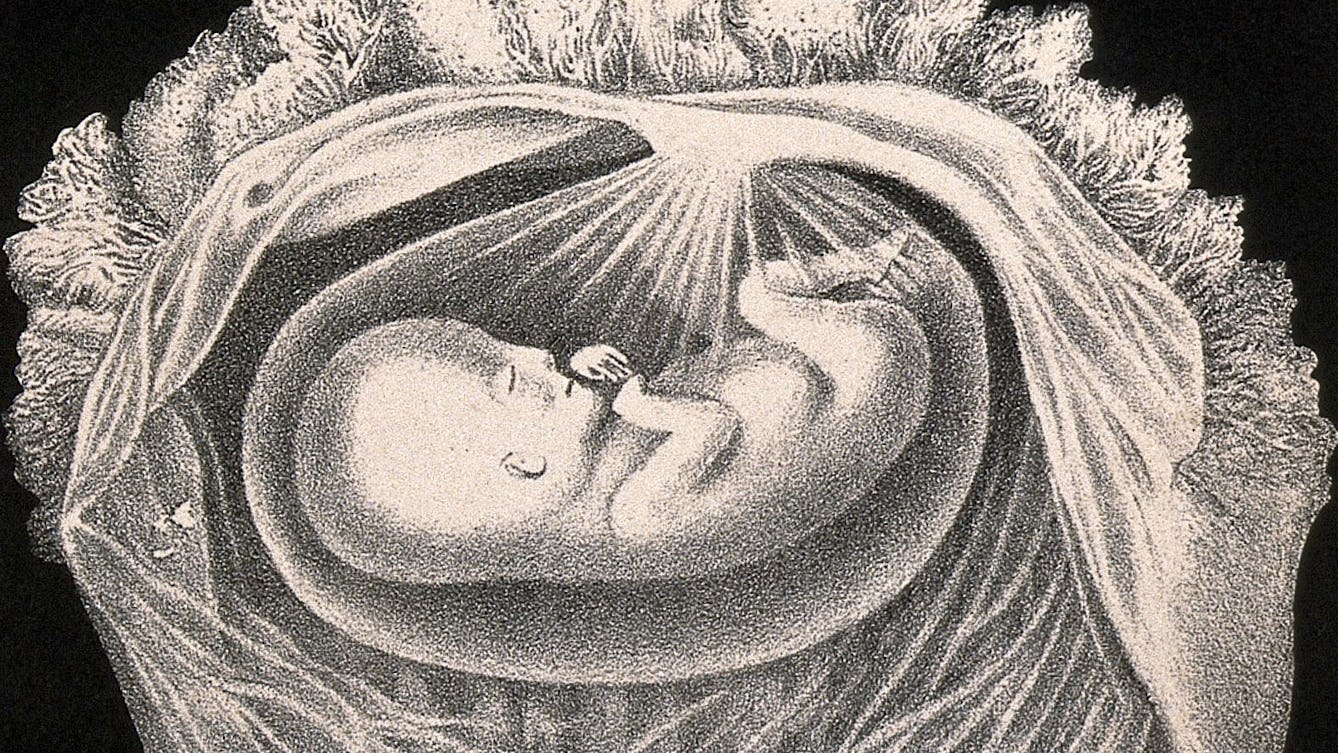
- Article
- Article
The quest to breed gifted children
If you had the chance, would you choose a genius baby?
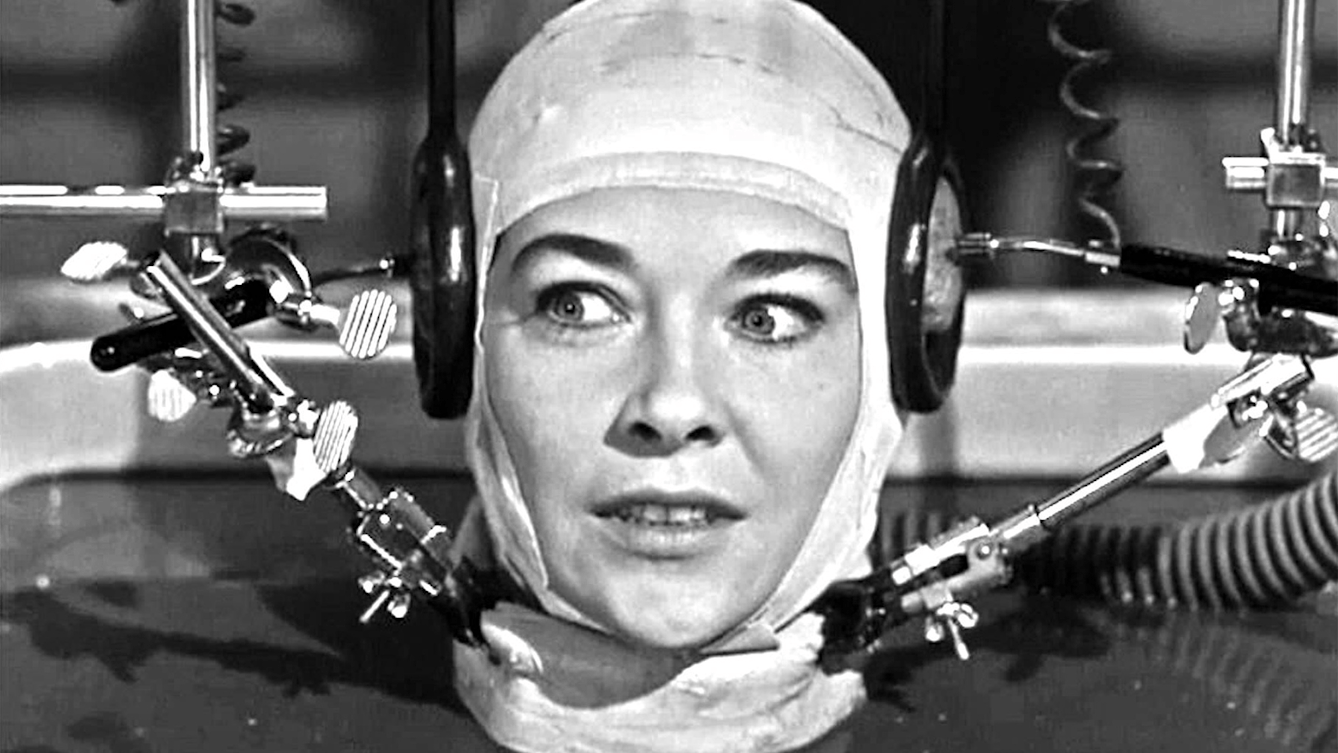
- Article
- Article
A head apart from the body
We look to the future of science via science fiction to explore how a head may live apart from its body.
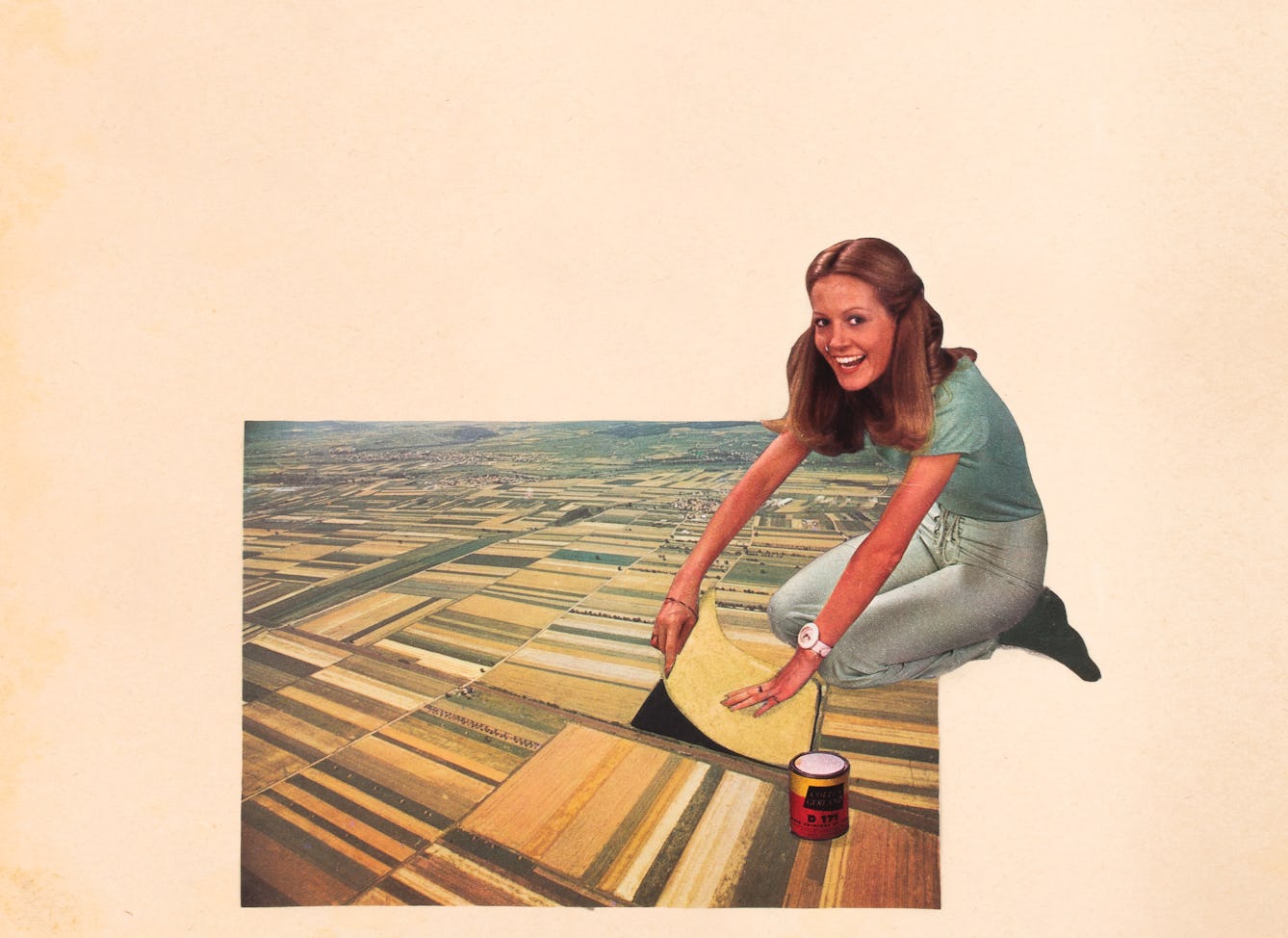
- Article
- Article
Laughing at disaster
If joking around can help us cope when the worst happens, could comedy be a useful way to connect on climate change?

- Article
- Article
Cracks that let the light in
Rai Waddingham lives with voices other people cannot hear. Here she describes how she has come to accept, understand and calm her voices, and to acknowledge her strength.

- Book extract
- Book extract
The 200-year search for normal people
Sarah Chaney poses the question we’ve likely all asked at some point in our lives: 'Am I normal?’, and explores whether normality even exists.
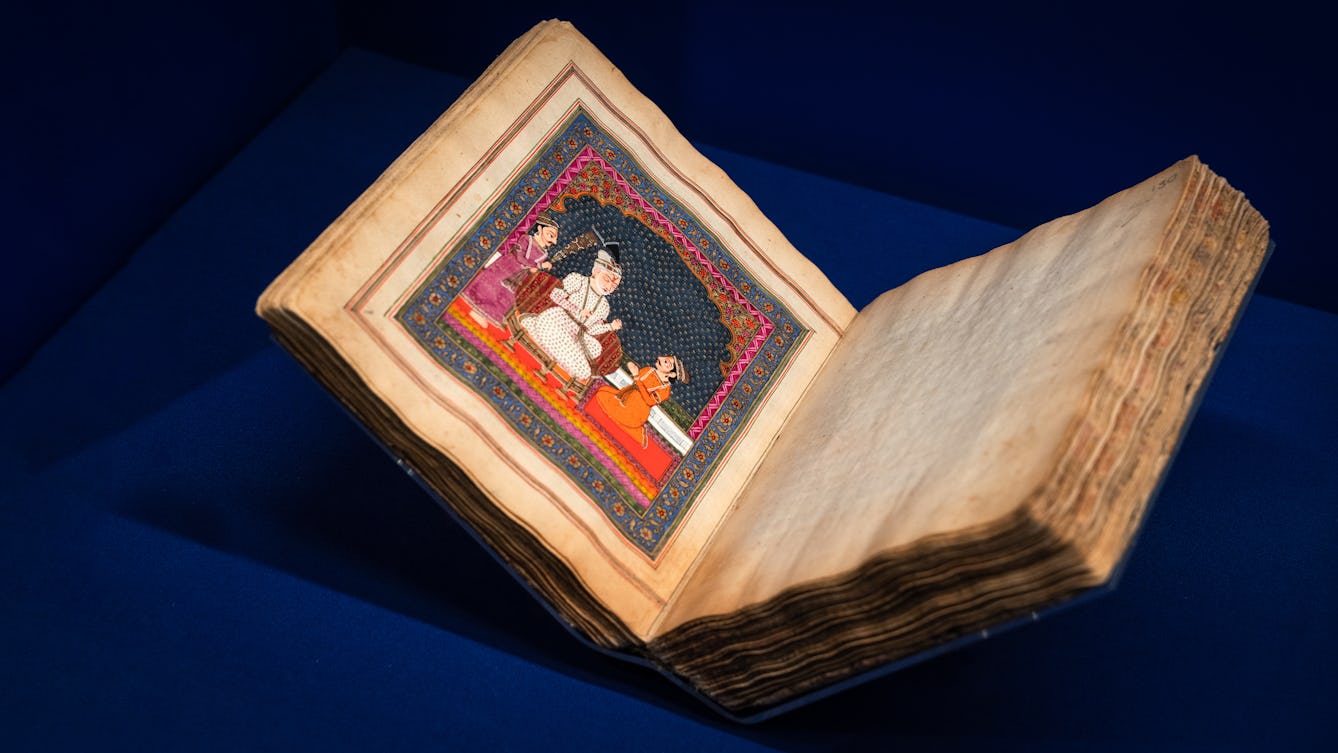
- Article
- Article
The eye of darshan
The Hindu concept of darshan means “divine revelation”, but it’s also about the multilayered ways in which we see the world around us. Adrian Plau explains how one image in a Panjabi manuscript relates to darshan, and why it’s so striking.
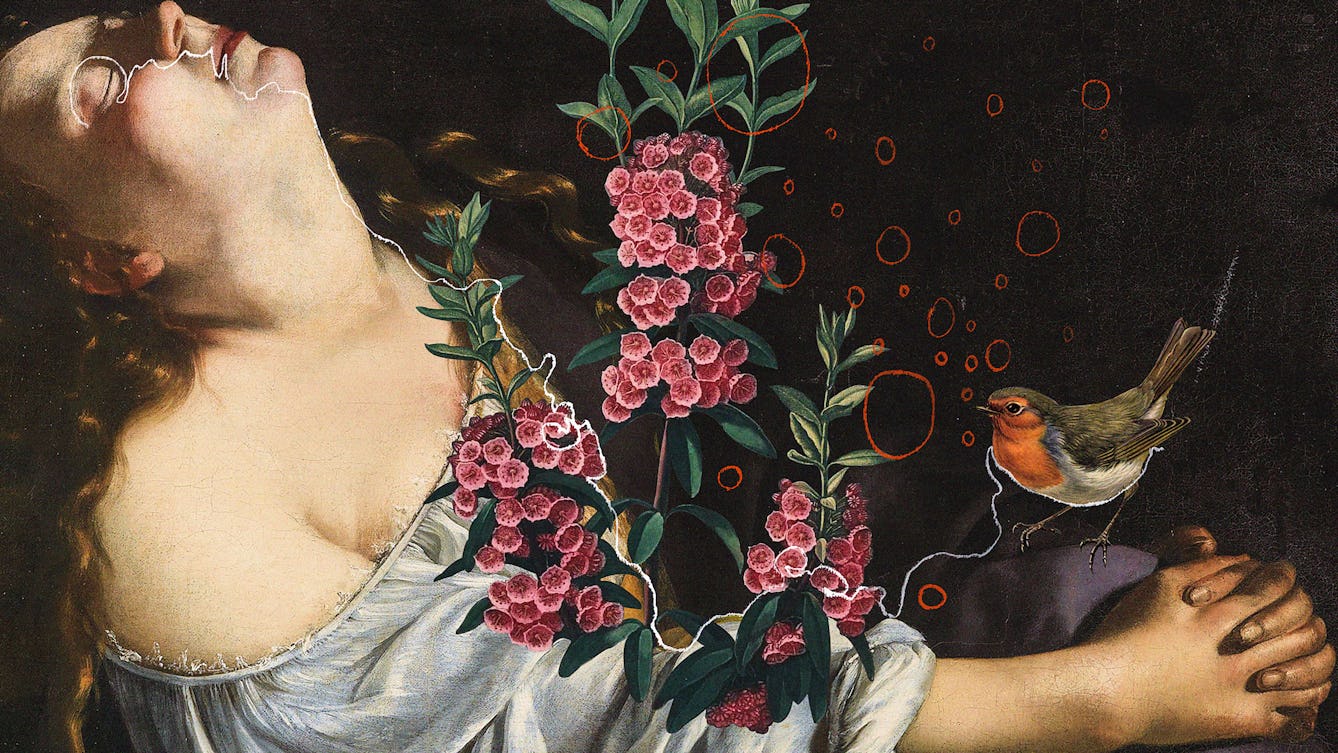
- Book extract
- Book extract
Dangers inside and out
Eimear McBride reflects on the deadly consequences of misogyny in the wake of the murder of Sarah Everard and argues why advising women to simply “stay indoors” is wrong.

- Article
- Article
Can our sexual desires be transformed?
In the 1950s, many psychiatrists thought that homosexuality could be reformed. One found that it couldn’t – and his discoveries led to a change in the law.

- Article
- Article
Do good mothers make good democracy?
To be psychologically fit for democracy, one distinguished paediatrician argued that you need a ‘good enough mother’ – and that we must acknowledge the bad side of our feelings.

- Article
- Article
Sex work, stigma and whorephobia
Like everyone, sex workers sometimes need medical or mental health support. But shame and stigma seriously affect attitudes and access.
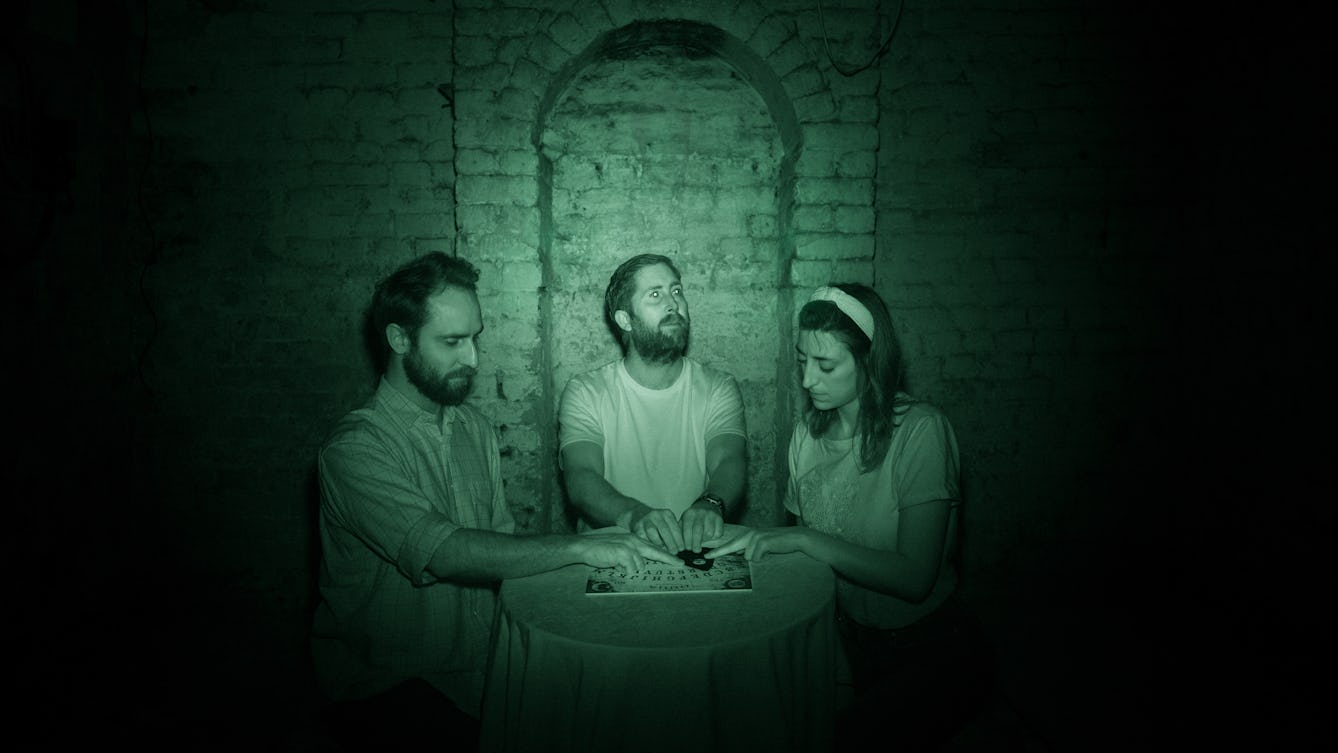
- Book extract
- Book extract
The psychology of Ouija
Explore the science behind table tilting and Ouija boards, and discover how the unscrupulous still make money from exploiting the ‘ideomotor’ effect.
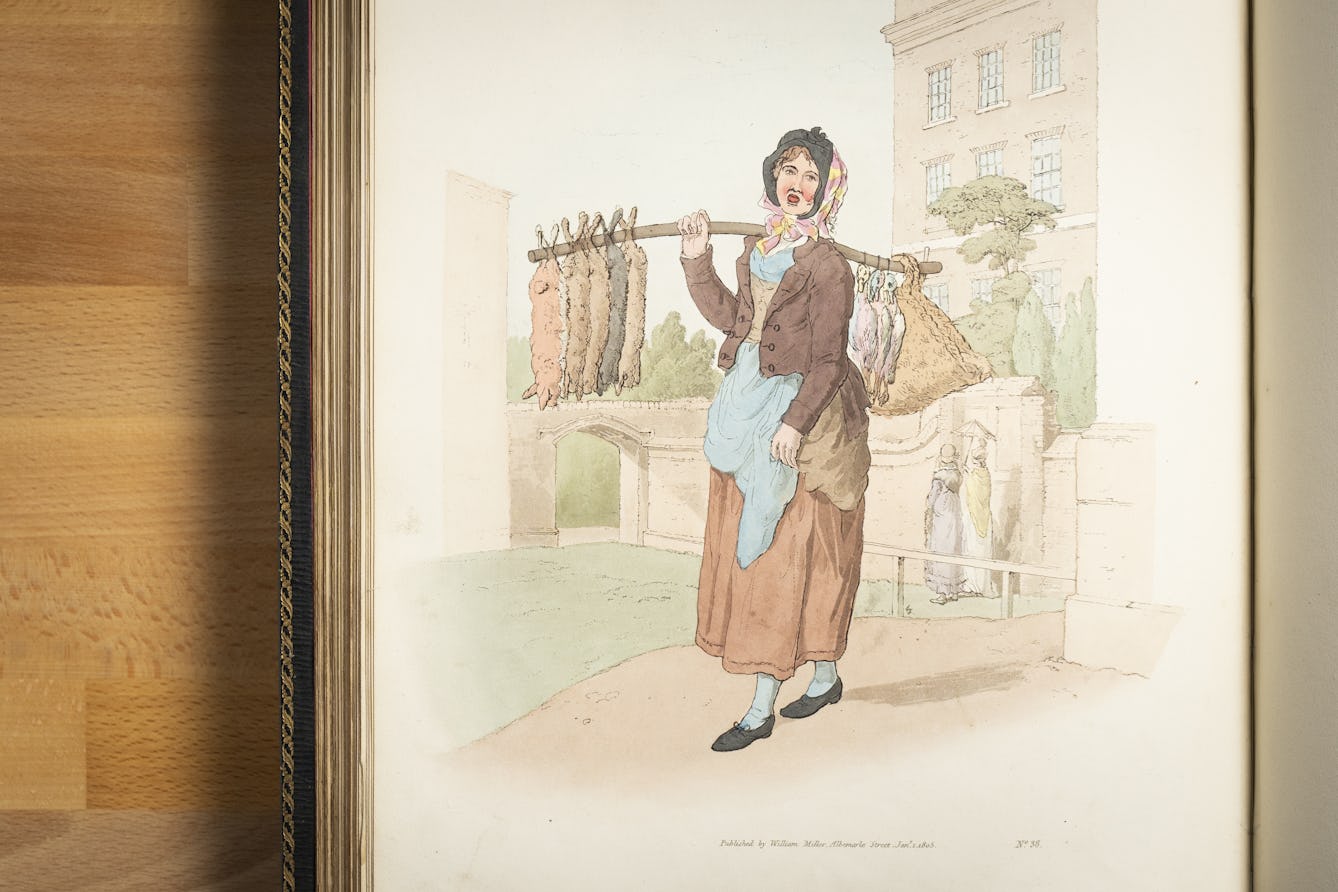
- Article
- Article
The girl with no name
When a now anonymous teenager sold her tooth for transplant, she couldn’t have predicted that she’d end up at the heart of a troubling story about 18th-century beauty ideals.

- Article
- Article
Fantastic beasts and unnatural history
Find out how a 17th-century compendium of the natural world came to present fantastical beasts –like dragons – as real, living creatures.
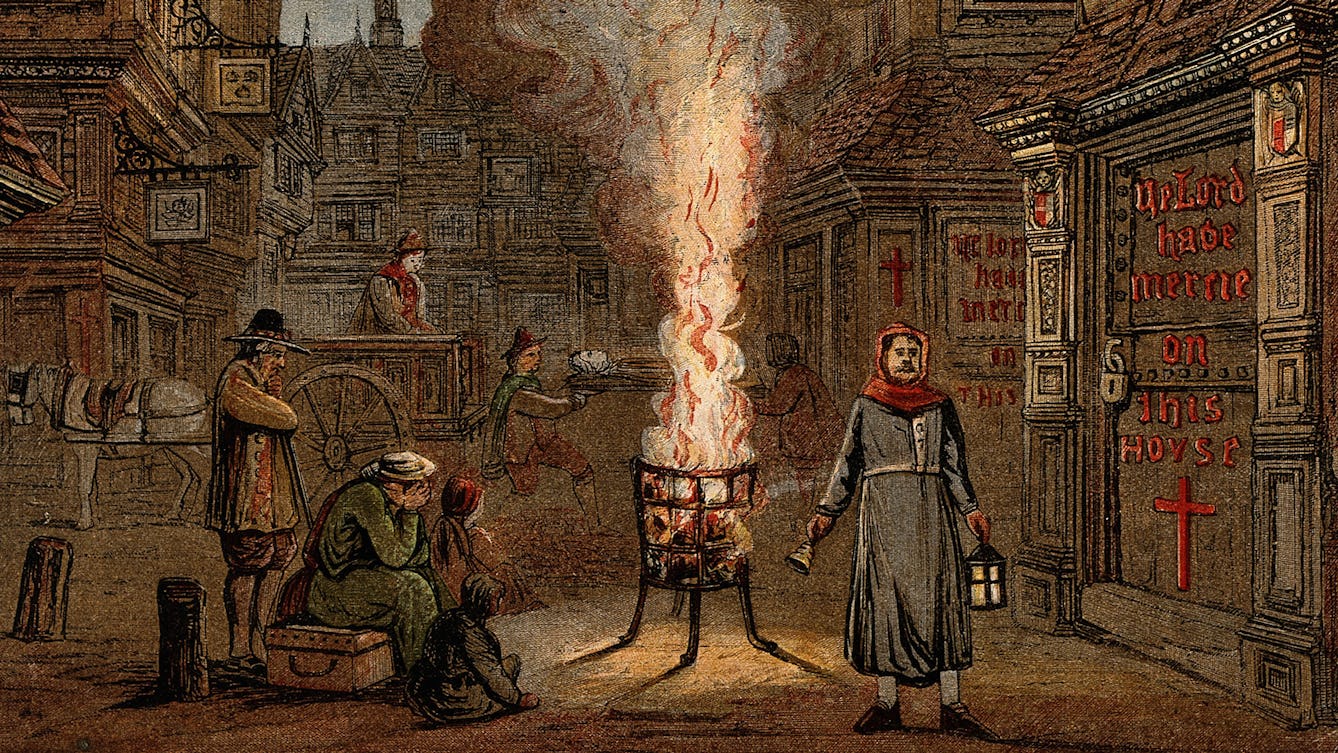
- Article
- Article
The tradesman who confronted the pestilence
The City of London, 1665. As the Great Plague hits the capital, John New faces a deadly dilemma.

- Article
- Article
An insider’s view of Play Well
Curator Shamita Sharmacharja offers behind-the-scenes insights into an exhibition about the serious business of play.

- Interview
- Interview
Inside the minds of A R Hopwood and Honor Beddard
The curators of ‘Smoke and Mirrors’ reveal the stories behind the exhibits, and the intriguing truths the show confronts us with.